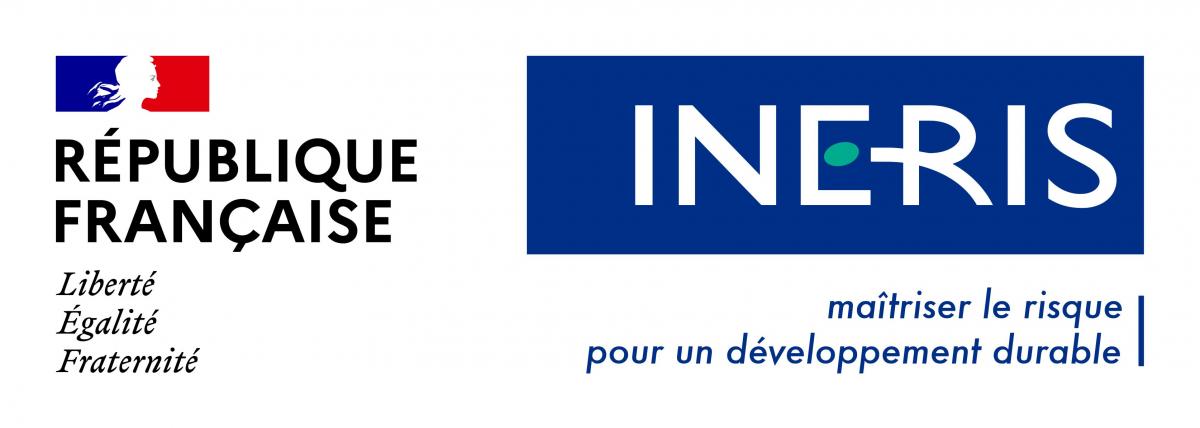Enhancing ecosystem services of contaminated soil
Résumé
Contaminated soils have lost some ecological functions and ecosystem services. Remediating contaminated soils could help to rehabilitate these functions and services. The trial focused on (aided) phytoextraction, a plant-based solution that aims at remediating trace element (TE)-contaminated soils using plants or/and chelatants and microorganisms. Soil remediation was obtained by decreasing the TE availability in contaminated areas, TE being transferred to the harvestable plant parts. This technology has progressively shifted to phytomanagement, accounting for the value created by the biomass produced on the contaminated area. In case of phytoextraction, the metal-enriched biomass can produce an economic revenue from metal recovery, being then a new source of raw material for further technological processes. The PHYTOAGGLO project was set up in 2013 on 600 m2 of an urban area contaminated by Zn and Cd excess due to past industrial activities. In collaboration with the conurbation of Creil city (60 km in the North of Paris), plants (Arabidopsis halleri, a Zn hyperaccumulating species and Salix viminalis, a fast-growing metal accumulator willow tree) were selected to regenerate the urban area and improve the well-being of citizens, to remove soil contaminants, to recreate ecosystem and to participate to the provisioning of non-food and sustainable products. Research work focused on agronomic practices to improve the shoot Zn and Cd removals of both plant species and bring economics into phytoextraction while improving the ecological processes and soil functions. Fertilizers, intercropping and harvest effects were studied in field trials to increase the biomass production and the shoot metal concentrations. In connection with the PHYTOCHEM project (ANR-13-CDII-0005), the production of Zn-ecocatalysts was studied at laboratory scale as a valuable conversion process for the Zn-enriched plant biomass. In addition, the potential ingestion of the metal-enriched biomass was studied by performing laboratory and in situ experiments using snails. The results of the 3-year monitoring shown that this plant-based solution provided various ecosystem services such as soil Zn and Cd detoxification (maximum phytoextraction efficiency obtained with A. halleri in presence of fertilizer and willow leaves; regulating service), raw material (production of efficient Zn-ecocatalyst from A. halleri and willow leaves) and energy (wood chips of willows as biomass fuels) provisioning (provisioning service) and contributed to promote aesthetics and well-being of citizens (cultural services). The snail experiments did not evidence major exposure pathway by metal-enriched biomass ingestion.
